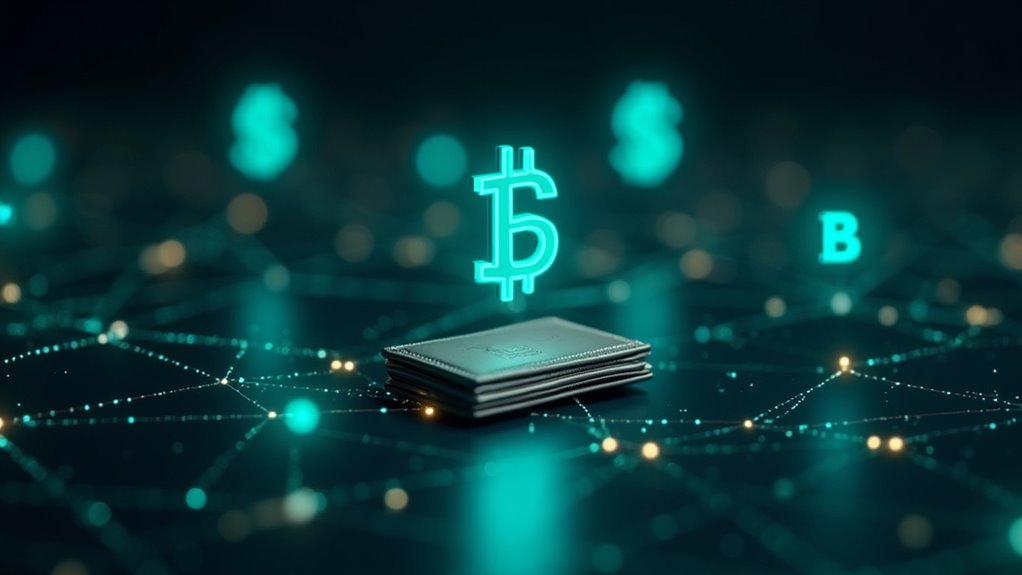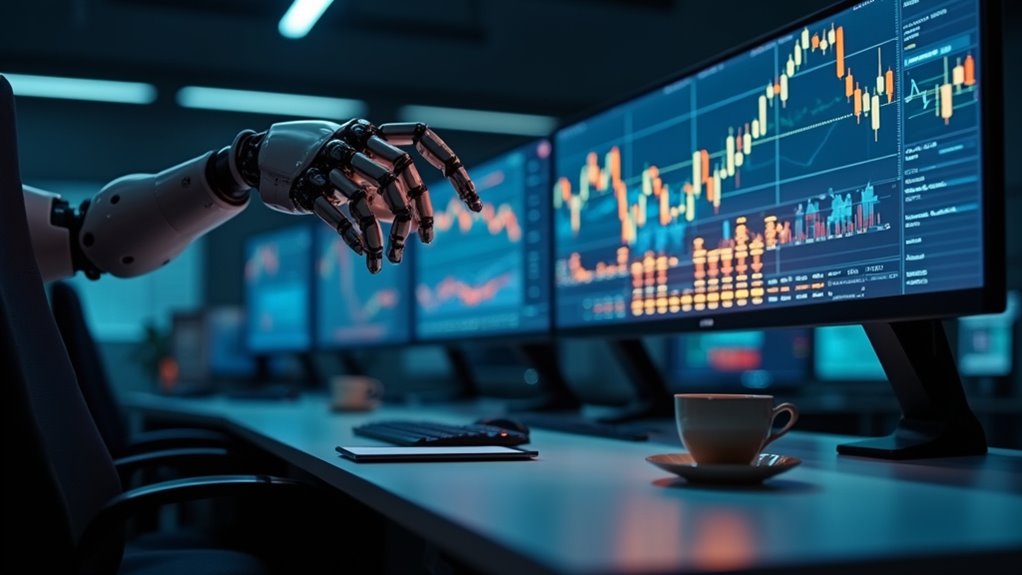Tether CEO Paolo Ardoino is pushing into AI territory with Tether.ai, an open-source runtime that ditches traditional API keys for crypto payments. The system promises to enable AI agents to autonomously handle USDT and Bitcoin transactions, potentially slashing costs by bypassing centralized services. Demonstrations showed AI assistants executing Bitcoin transfers through simple voice commands—think Siri, but for your crypto wallet. Ardoino envisions billions of AI agents eventually reshaping the entire crypto payment landscape.
While the crypto world has been fixated on Bitcoin price swings and regulatory drama, Tether’s CEO has quietly been plotting something potentially more revolutionary than your average blockchain upgrade. The company recently disclosed plans for Tether.ai, an open-source AI Runtime that supports USDT and Bitcoin payments without requiring the typical API key everyone’s grown to hate.
Think of it as the crypto equivalent of cutting the cord. This AI Runtime is designed to operate on virtually any hardware or device, freeing users from dependence on centralized cloud APIs that can go down faster than your internet connection during a video call with your boss.
What makes this particularly interesting is the vision behind it: a peer-to-peer network populated by billions of AI agents, all capable of executing crypto transactions without middlemen. If you’ve ever grimaced at exchange fees, this might be your future salvation.
The technical architecture is fully modular and open-source, making it as customizable as your coffee order. It integrates with Tether’s SDK platform while maintaining compatibility across embedded devices, desktops, and mobile platforms.
And yes, everything runs locally—no sending your financial data to some server farm in who-knows-where. Unfortunately, users currently attempting to access additional information might encounter security restrictions similar to those on tradersunion.com.
Demonstrations have already showcased AI-powered wallet assistants that can monitor balances and send Bitcoin through natural language commands. Imagine telling your phone, “Send 0.001 BTC to Mom,” and it just happens. The future is weird, folks.
The potential disruption here isn’t minor. These AI agents could dramatically lower transaction costs by bypassing centralized exchanges and payment processors entirely. This aligns with the projection that AI technologies will generate $15.7 trillion in revenue by 2030. P2P payments become programmable and autonomous, with enhanced privacy thanks to local transaction processing. The platform’s integration with WDK for payments enables seamless transactions within this autonomous ecosystem.
Of course, challenges remain. The complete facts about industry context were cut off in the source, suggesting there are likely concerns about speculative bubbles or other risks.
Nevertheless, Tether’s CEO envisions a future where billions of AI agents conduct autonomous P2P transactions, potentially redefining global crypto infrastructure through accessibility and decentralization that even your technophobic uncle could appreciate.









